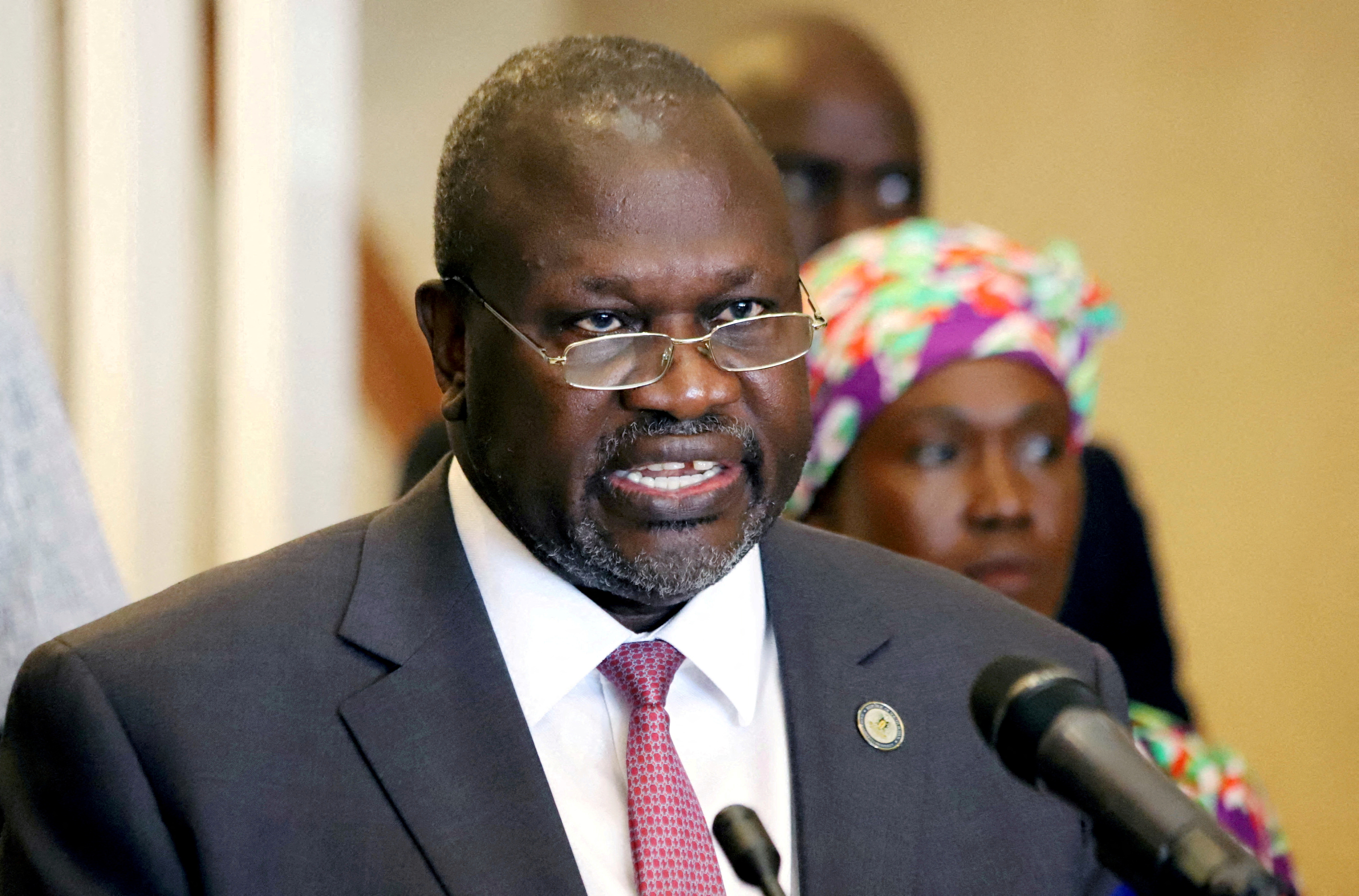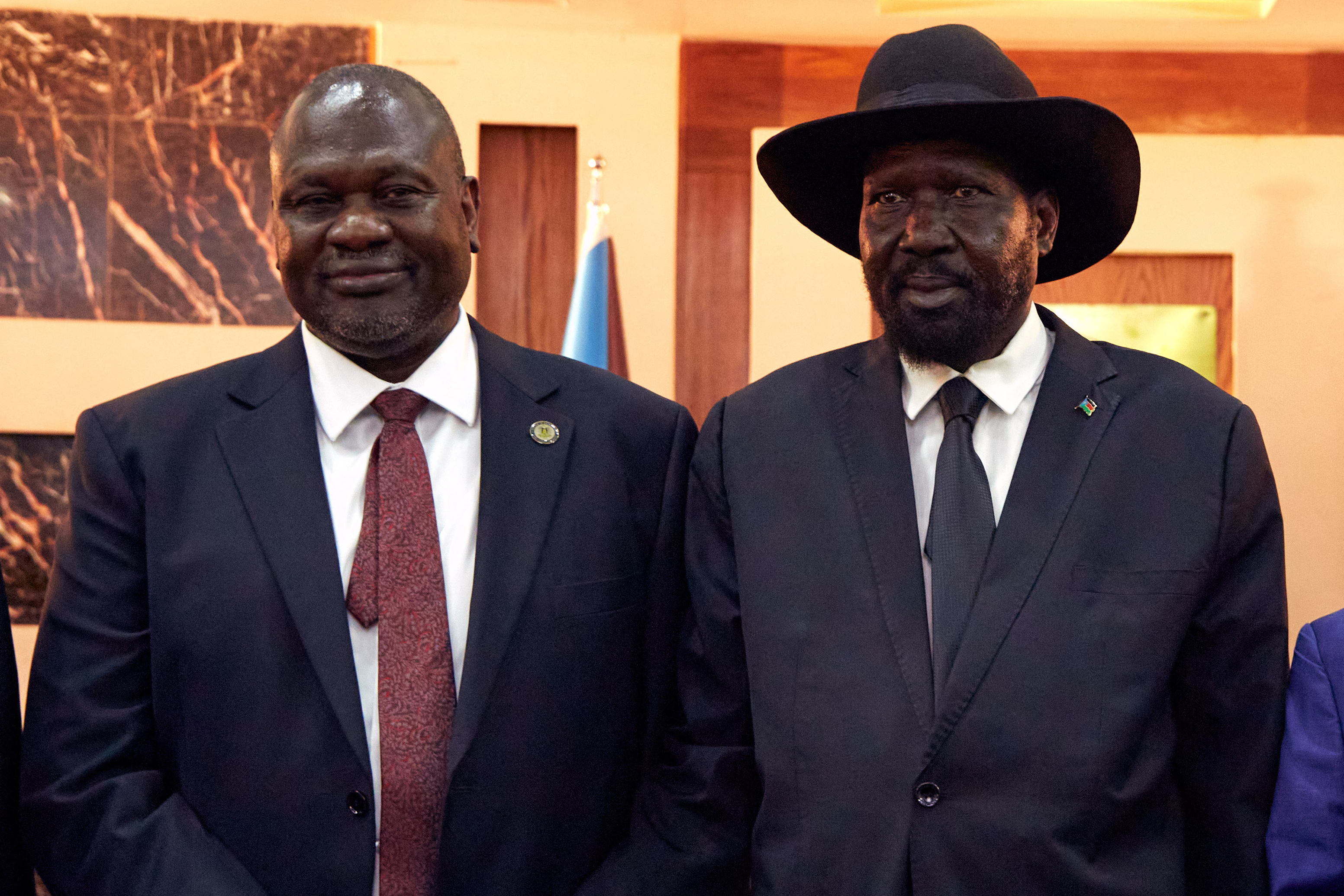The Ugandan army has denied using "chemical or barrel weapons" in South Sudan, days after the United Nations said a highly flammable liquid was used in aerial strikes in the country.
Uganda deployed its special forces to South Sudan in March to support President Salva Kiir in clashes between his forces and those allied to his First Vice President, Riek Machar.
The Ugandan armed forces (UPDF) "noted unsubstantiated and misleading reports in some social media channels with allegations that the Ugandan Airforce has dropped chemical and barrel weapons on rebel White Army positions in the Upper Nile and Jonglei states (North-East)," army spokesperson Chris Magezi said in a statement.
Magezi dismissed the allegations as false, saying: "UPDF neither possesses chemical weapons and barrel bombs nor does it operate systems designed to deliver them."
The recent clashes in Nasir County in the northeastern Upper Nile State, which have spanned for weeks, have seen scores of civilians killed.

‘Indiscriminate attacks’
The United Nations Mission in South Sudan (UNMISS) on Monday condemned what it said were indiscriminate attacks on civilians and the use of bombs containing a highly flammable liquid that accelerates upon explosion.
"These indiscriminate attacks on civilians are causing significant casualties and horrific injuries, especially burns," UNMISS head Nicholas Haysom said, adding that an estimated 63,000 people have been displaced.
Uganda has a long history of involvement in South Sudan, and its latest intervention has been condemned by Machar's party, the Sudan People's Liberation Movement-in-Opposition (SPLM-IO), which said it was a breach of a UN arms embargo.
The Ugandan army accused Machar and his allies of using "AI-generated propaganda schemes against the UPDF presence in South Sudan".
Machar's arrest on Wednesday has heightened tensions in South Sudan, threatening to unravel the 2018 peace deal that ended a civil war that claimed around 400,000 lives over five years.










![“We have killed enough [in Gaza], we have destroyed enough”](https://d2udx5iz3h7s4h.cloudfront.net/2025/7/31/6733453dcfcbfe8e438ddbd9/image/5a663eb1d20571a0c465edc37bdd73bafb2f54608b1521fb1fff7d59622cde95.jpg?width=256&format=webp&quality=80)





